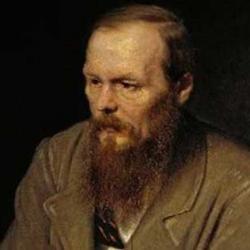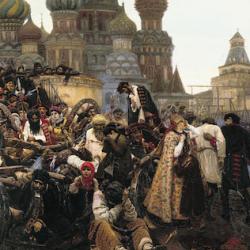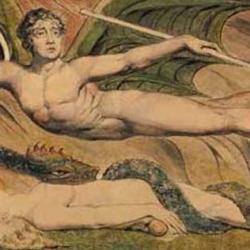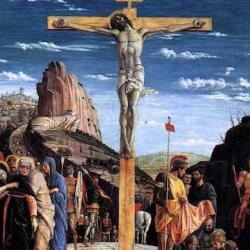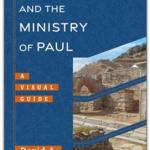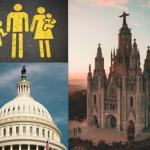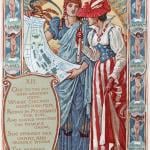Post-liberal movements in Europe are often denounced as “fascist,” “racist,” or “far-right.” Timothy Less disputes this. Populist parties – “France’s National Front, the Alternative for Germany, the Danish People’s Party, Poland’s Law and Justice, Hungary’s Fidesz and the Austrian Freedom Party” – usually cut across existing left-right divides. He concedes that “they articulate the concerns of social conservatives, as UKIP does,” but observes that “in matters of economics, their agenda has far more to do with Jeremy Corbyn than Nigel... Read more



